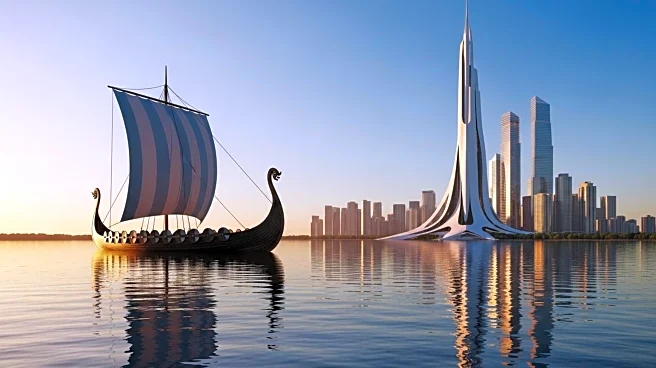Copenhagen's history is a fascinating journey from a Viking fishing village to a modern metropolis. Established in the 10th century, the city has evolved through various phases, each marked by significant developments. Today, Copenhagen stands as a testament to its rich history and dynamic growth, offering insights into its transformation over the centuries.
Origins
Copenhagen's origins trace back to the 10th century when it was a Viking fishing village. Located near Gammel Strand, the village gradually expanded, benefiting from its strategic position near the Baltic Sea. This early foundation set the stage for Copenhagen's future growth as a major city.
Key Phases
The city's development can be divided into key phases, including its establishment as the capital of Denmark in the early 15th century. During the 16th century, Copenhagen served as the de facto capital of the Kalmar Union, governing the Nordic region. These phases highlight Copenhagen's growing importance in Scandinavia.
Turning Points
Significant turning points in Copenhagen's history include its fortification with city walls in the 13th century and its role in the Hanseatic League. These developments enhanced the city's security and economic power, shaping its trajectory as a center of trade and culture.
Present Status in Source
Today, Copenhagen is a vibrant city known for its historical landmarks and modern innovations. It continues to be a cultural and economic hub, attracting visitors and residents with its rich heritage and dynamic urban environment. The city's ongoing development reflects its commitment to sustainability and cultural preservation.
















